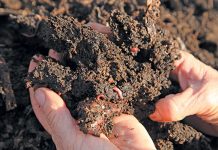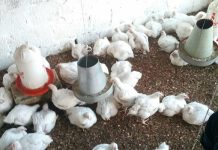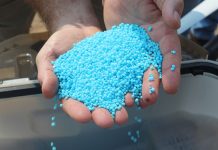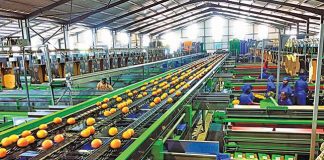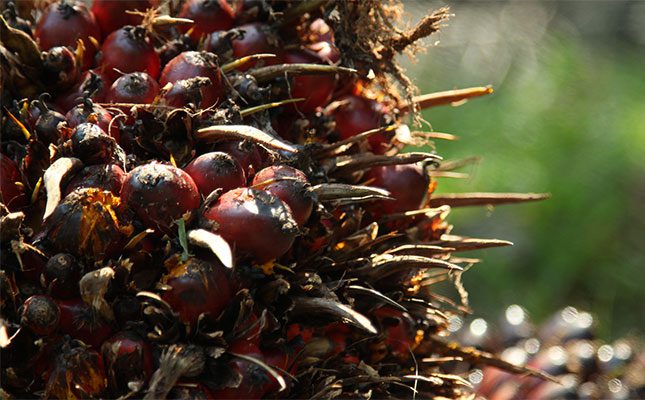
What does SD Guthrie International SA do?
It is part of a global company called SD Guthrie International, which is involved in the upstream (plantation) and downstream (bulk processing, refining and processing) production of palm oil.
We have branches in Malaysia, Indonesia and Europe, and supply sustainable palm oil to South African industries and retailers.
Our facility in Boksburg, Gauteng, focuses on the production of industrial ingredients, pastry fats, industrial margarines and specialised oils, and has been supplying palm oil certified by the Roundtable on Sustainable Palm Oil (RSPO) since 2012.
As a vertically integrated sustainable palm oil company, we take a multifaceted approach
to promoting sustainable palm oil. We areactively involved in developing sustainability standards and practices and have been at the forefront of the adoption of RSPO certification in all of our upstream plantations and mills.
We also use our downstream refining assets to make sustainable palm oil available in all the markets we serve, including Africa.
Where does South Africa import most of its palm oil from?
Most of South Africa’s palm oil is imported from Indonesia, the largest producer of palm oil. We also import from Malaysia, the second-largest palm oil producer in the world.
What is PalmTrace?
The PalmTrace app is the RSPO’s traceability system for certified oil palm products. It is used to register sales and processing and can serve as a marketplace to trade sustainably produced palm oil.
How easy is it to be part of the RSPO supply chain and use the PalmTrace app?
The RSPO body acts as an independent auditing and facilitation platform. Its
requirements are strict to ensure holistic supply chain sustainability.
Although the app’s registering and trading system requires various audits to assure compliance with RSPO standards, it’s pretty user-friendly. It requires focus to ensure all systems and facilities are kept to these standards. This is to assure traceability.
How much of the palm oil that SD Guthrie International SA handles comes from sustainable sources?
More than 50% of our palm oil is certified sustainable.
Why are you using certified sustainable palm oil (CSPO), and how long have you been a member of RSPO?
CSPO is used in a wide range of foods, ranging from peanut butter and chocolates to cereals and fast food. SD Guthrie International SA, through SD Guthrie International, was a founding member of the RSPO in 2004 to ensure the sustainability of the palm oil supply chain.
Is the use of CSPO a consumer- or retailer-driven choice?
For CSPO to become more mainstream, it must become a shared choice by all players throughout the supply chain. This entails demand from consumers and supply-driven programmes to show that there is an alternative to conventional palm oil.
What does palm oil cost?
CSPO carries a general cost of around US$70/t (about R1 300/t), which incentivises producers and mills to invest in the required systems to ensure compliance with sustainability practices.
Because of the implementation of sustainable practices, the quality of the oil has slightly improved.
What factors are limiting the widespread use of CSPO?
The main challenge is the development of the demand side. The drivers of the uptake of sustainable palm oil would mainly be with the retailers to educate the consumers on the importance of sustainability.
We have been actively engaging with market actors to promote the use of sustainable palm oil. We have also made value-based investments to develop supply chains to bring sustainable palm oil to South Africa and to demonstrate that this is an option for the region.
How do you envision the transformation of the palm oil industry in the future?
We are fully aligned with the RSPO’s vision to make sustainable palm oil the norm and hope to see a dramatic uptake in this industry. We believe that strong demand will increase the number of plantations that adopt RSPO standards. Visit simedarbyoils.co.za.



